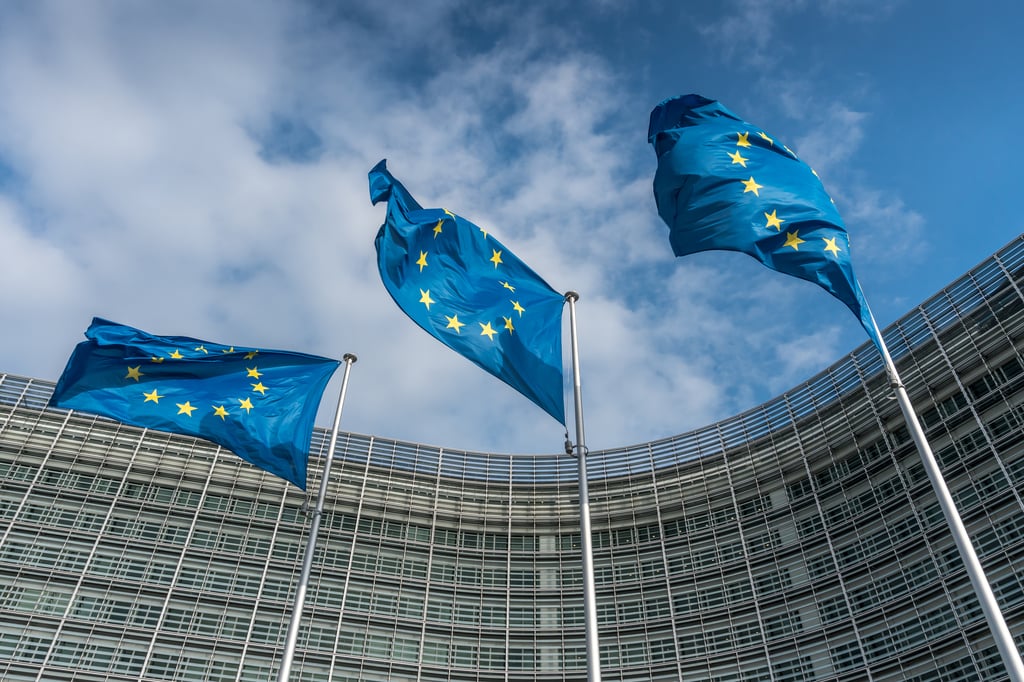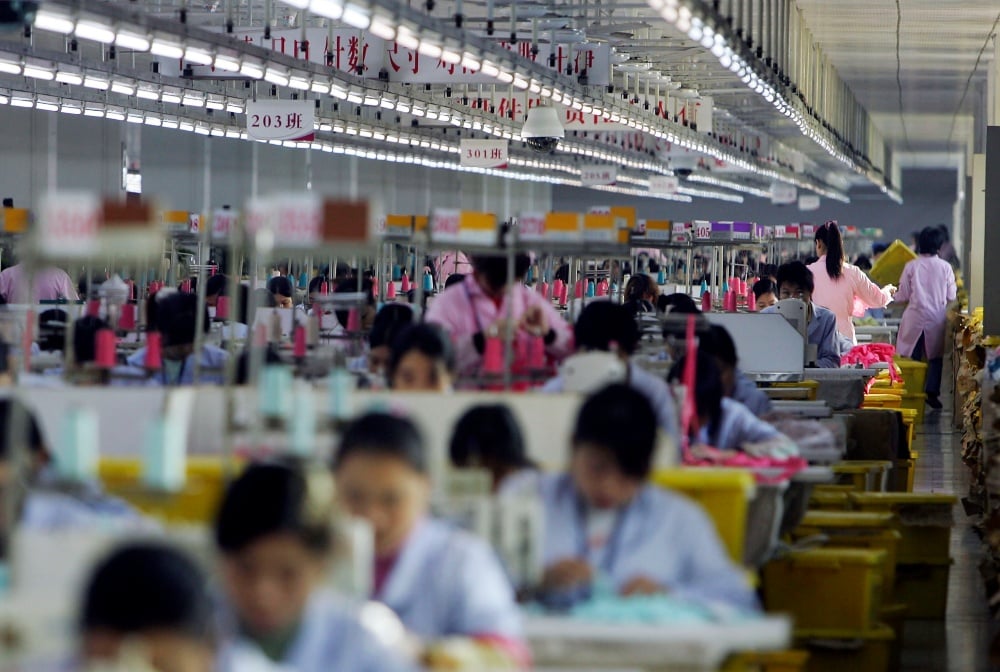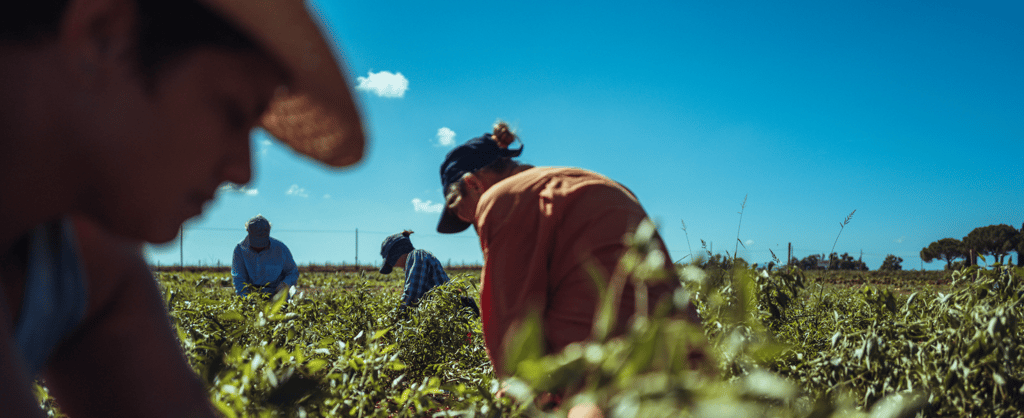
Human Rights and Environmental Due Diligence (HREDD)
Delivering proactive risk management
Demonstrate commitment to sustainable and ethical business practices
Social sustainability and environmental stewardship are no longer optional – they’re essential for long-term success.
LRQA supports businesses to integrate Human Rights and Environmental Due Diligence (HREDD) into their operations and across their value chains – good for the planet, people and your business. Our approach enables compliance, minimises risk and strengthens stakeholder trust.
LRQA works with you to develop and deliver a comprehensive strategy, enabling you to not only meet legal requirements but also build long-term resilience and stakeholder confidence.
Partner with us to embed responsible business practices that drive resilience, sustainable growth and lasting impact.
What is HREDD?
Human Rights and Environmental Due Diligence (HREDD) is a structured approach to risk management, which helps businesses to identify, prevent, mitigate and remediate potential or actual human rights and environmental impacts in their operations and supply chains.
International standards – notably the UN Guiding Principles on Business and Human Rights and the OECD Guidelines for Multinational Enterprises – outline the responsibility of companies to address their impacts on people and the planet. HREDD is also increasingly required by national and regional laws.
Why is HREDD important?
- Helps businesses proactively manage adverse impacts before they cause harm to people and risk to the business
- Increasingly required by regulations such as the German Supply Chain Due Diligence Act (LKSG), or the upcoming EU Corporate Sustainability Due Diligence Directive (CSDDD)
- Supported by reporting-focused legislation in other regions, such as Canada’s Fighting Against Forced Labour and Child Labour in Supply Chains Act (Bill S-211), which encourages greater transparency and responsible supply chain practices
- Strengthens corporate resilience and supports long-term sustainability strategy
- Builds stakeholder trust and enhances investor confidence

How we can help
-
ESG Advisory Services
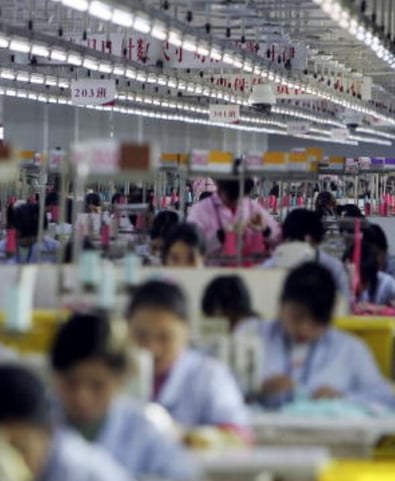
Demonstrate ESG best practices to apply a risk-based approach, understand most salient impacts, enhance transparency and drive meaningful change, while complying with regulations, and building trust with stakeholders.
ESG Advisory Services -
Data and Analytics
LRQA’s supply chain management software EiQ helps you monitor and manage your supply chain ESG risks in real-time.
EiQ -
Responsible Sourcing
LRQA provides responsible sourcing solutions through audits, certifications, and advisory expertise, aligning with standards like ISO 20400, FSSC 2400, SMETA, and SA8000 to support ethical, sustainable supply chains.
Responsible Sourcing -
Grievance Mechanisms
Enable rights-holders to report human rights and environmental concerns, supporting transparency, compliance, and effective remediation within HREDD.
Grievance Mechanisms -
Disclosure

Ensure accurate, credible sustainability disclosures with LRQA’s expert support, aligned with leading standards such as CSRD, GRI and IFRS-S.
Net zero and climate risk service
Related legislation
-
Corporate Sustainability Reporting Directive (CSRD)
Enable compliance with evolving sustainability reporting requirements while driving long-term business resilience.
CSRD -
Corporate Sustainability Due Diligence Directive (CSDDD)
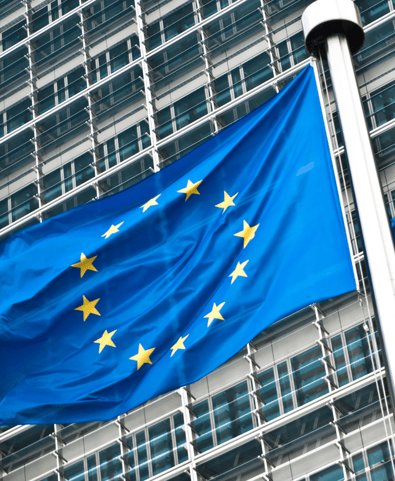
Implement robust due diligence practices to manage sustainability risks across your entire value chain.
CSDDD -
Report: Connecting the CSRD and CSDDD

Practical insights for aligning reporting and due diligence. Understand the links between the CSRD and CSDDD, who’s affected, and how to take a joined-up approach to sustainability.
View the report
Regulations may shift, but HREDD remains essential
Amid the ongoing developments concerning the EU Omnibus legislation and an evolving regulatory landscape, our experts provide clarity and guidance, supporting your business in meeting compliance obligations, building resilience and preparing for future changes.
View our Omnibus Proposals essential summary
Frequently Asked Questions (FAQs)
What is HREDD, and why is it important?
Human Rights and Environmental Due Diligence (HREDD) is a structured process that helps businesses identify, prevent, mitigate, and address human rights impacts and environmental risks within their operations and supply chains. It is essential for enabling regulatory compliance, protecting reputation and building long-term resilience.
What regulations apply to HREDD due diligence?
Key regulatory frameworks pertaining to HREDD include, but are not limited to:
- EU Corporate Sustainability Due Diligence Directive (CSDDD) – Requires companies to implement robust human rights and environmental risk management practices across their value chains.
- EU Corporate Sustainability Reporting Directive (CSRD) – Mandates transparent reporting on sustainability impacts to improve corporate accountability.
- French Duty of Vigilance Law (2017) – Requires large companies to establish vigilance plans to prevent human rights violations and environmental harm.
- German Supply Chain Act (LkSG) (2021) – Mandates companies to ensure human rights and environmental standards are upheld throughout their supply chains.
- Norwegian Transparency Act (2021) – Obligates companies to conduct due diligence to prevent human rights abuses and environmental damage.
- UK Modern Slavery Act – Requires businesses to report on steps taken to prevent modern slavery in their operations and supply chains.
- US Uyghur Forced Labour Prevention Act (UFLPA) – Prohibits the importation of goods made with forced labour from China’s Xinjiang region.
- Swiss Ordinance on Due Diligence and Transparency – Requires companies to undertake due diligence in relation to so-called conflict minerals and child labour.
Please note: This is not an exhaustive list. HREDD-related regulations are evolving rapidly, with new or revised legislation under discussion in several jurisdictions around the world. Many laws either explicitly or implicitly require alignment with HREDD principles.
How can HREDD improve business resilience?
A risk-based, action-oriented approach to social and environmental impacts helps businesses build long-term resilience by:
- Anticipating and mitigating supply chain disruptions, reducing operational risks and strengthening business continuity.
- Avoiding financial risks linked to regulatory fines, legal liabilities and compensation claims for human rights or environmental violations.
- Strengthening relationships with key stakeholders, including surrounding communities, civil society and employees, enhancing long-term business stability and (social) license to operate.
- Anticipating regulatory changes and supporting compliance with evolving due diligence laws, ensuring efficient implementation.
- Strengthening investor confidence by demonstrating responsible risk management and ethical business practices.
- Protecting brand reputation by proactively addressing human rights and environmental risks before they escalate.
- Retaining talent within both direct operations and supply chains by fostering fair working conditions and responsible sourcing practices.
What are the key steps in an effective HREDD strategy?
A robust Human Rights and Environmental Due Diligence (HREDD) strategy follows a structured cycle:
- Embedding responsibility – Integrate human rights and environmental due diligence into corporate policies, governance and management systems.
- Risk identification and assessment – Map and assess potential and actual human rights and environmental risks across the entire value chain, including deeper-tier suppliers.
- Prevention and mitigation – Implement targeted strategies to prevent, reduce and mitigate identified risks through policies, supplier engagement and operational improvements.
- Stakeholder engagement and grievance mechanisms – Collaborate with affected stakeholders, rights-holders and industry groups while ensuring access to grievance mechanisms and worker voice tools.
- Ongoing monitoring and tracking – Continuously monitor, track and evaluate the effectiveness of due diligence efforts, adapting to regulatory changes and business shifts.
- Remediation and access to remedy – Ensure that affected individuals and communities have access to remediation where harm has occurred.
- Transparent reporting and communication – Disclose due diligence efforts, risks and mitigation actions in line with regulatory requirements and stakeholder expectations.
Is HREDD only relevant to large companies?
No. While large corporations often face stricter regulatory requirements, Human Rights and Environmental Due Diligence (HREDD) is relevant for businesses of all sizes. It helps SMEs identify and manage risks, strengthen supplier relationships, meet legal and customer expectations and enhance their long-term resilience in a responsible business environment.
What role does technology play in HREDD?
Advanced data analytics and digital tools, such as LRQA’s EiQ platform, help businesses identify, assess and manage human rights and environmental risks in real time. These tools enhance traceability, strengthen risk assessment accuracy and support regulatory compliance—key elements of an effective HREDD strategy.
How does HREDD impact financial performance?
Many investors prioritise social and environmental factors in decision-making. Companies that implement effective HREDD tend to:
- Secure higher investment confidence by demonstrating responsible business practices.
- Reduce costs associated with regulatory fines, legal challenges and supply chain disruptions.
- Gain a competitive edge by aligning with growing consumer and business demand for ethical and sustainable products.
For further insights, read the recent joint investor statement urging policymakers to protect the integrity of sustainability regulations.
How can LRQA support my HREDD strategy?
LRQA provides a range of services to help businesses implement effective Human Rights and Environmental Due Diligence (HREDD) in line with global regulations and best practices. We are well-positioned to support your organisation across every stage of the HREDD cycle, offering a structured and comprehensive approach that can include:
1. Risk Identification & Assessment
- Risk identification and prioritisation – Identifying and helping you understand most salient human rights and environmental impacts, regulatory compliance and best practices.
- Data and Analytics (EiQ) – Real-time supply chain monitoring to detect and assess ESG risks.
- Human Rights Impact Assessments (HRIA) – Deep-dive assessments to strengthen understanding of and response to priority sustainability risks.
2. Prevention, mitigation and programmes
- Addressing environmental and social impacts – Development of (Corrective) Action Plans for own operation, subsidiaries and suppliers to develop and implement adequate preventive and mitigating measures.
- Implementation support and capacity-building – Working with and upskilling relevant teams to implement effective risk response.
- Responsible Sourcing audits and supplier assessments – Including SMETA, ISO 20400 and customised supplier self-assessments (SAQ) to enable responsible sourcing and compliance.
3. Stakeholder engagement and grievance mechanisms
- Stakeholder Engagement – Stakeholder mapping and prioritisation, as well as planning and meaningful engagement to support HREDD.
- Grievance Solutions – Support for establishing and managing effective grievance mechanisms and worker voice tools.
4. Monitoring and tracking
- Documentation – Support for the documentation of HREDD processes as well as roles and responsibilities.
- Ongoing risk monitoring – Through audits, assessments and real-time data insights from EiQ.
5. Disclosure
- Concept development for stand-alone or integrated reporting, definition and creation of content and enabling compliance with external standards and regulations
- Corporate Sustainability Due Diligence Directive (CSDDD) and Corporate Sustainability Reporting Directive (CSRD). https://www.lrqa.com/en/resources/connecting-the-csrd-and-the-csddd/.
6. Strategy
- Policies and governance – Review and update of corporate HREDD-related policies and design of clear and effective governance for HREDD.
- Gap analysis and benchmarking – Gap analysis and benchmarking of current practice against relevant (regulatory) frameworks, standards and best practice, informing roadmap development.
- Strategy development – Identification of human rights and environmental priorities, roadmap development and senior level engagement.
LRQA’s expertise helps businesses identify risks, implement effective mitigation strategies, engage stakeholders, and navigate evolving regulatory frameworks. Whatever your HREDD needs, we’re here to meet you where you are and support you throughout your journey.
These are just a few examples of how we can help. If you’d like to learn more, explore opportunities to work with us, or discuss a specific challenge, we’d be happy to hear from you.
How often should companies review and update their HREDD strategy?
Human Rights and Environmental Due Diligence (HREDD) should be a continuous process, not a one-time exercise. Companies must regularly review and update their strategies to ensure they remain effective and aligned with evolving requirements. Key factors to consider include:
- Changes in regulatory requirements – Adapting to updates in laws such as CSDDD, CSRD and national due diligence regulations.
- Emerging risks in value chains – Addressing new human rights and environmental risks, including geopolitical challenges and shifting industry landscapes.
- Shifts in business operations – Integrating HREDD into mergers, acquisitions and market expansions.
- Effectiveness of prevention and mitigation measures – Continuously monitoring and assessing adverse impact reduction efforts through audits, grievance mechanisms and data-driven insights.
Regular reviews ensure businesses can proactively manage risks, uphold responsible business practices and maintain compliance with evolving due diligence obligations.
Access our resources to find out how we partner with you to navigate evolving regulatory requirements
-
Interactive map
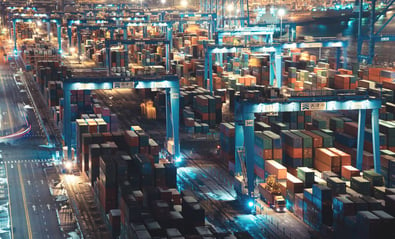
Access
Access our supply chain due diligence interactive map for a breakdown of the most significant laws impacting businesses and help your company stay prepared for any active or upcoming legislation.
Learn more -
Double Materiality Analysis guide

Read
The starting point to ensure your non-financial governance and disclosure meets regulatory and financial market requirements.
Learn more -
Your Guide to ESG Verification and Reporting

Read
Enhance your understanding and navigate the complexities of ESG reporting with LRQA's comprehensive guide to corporate ESG verification and reporting.
Learn more -
Improving CSRD implementation on demand webinar

Watch
Join us for a review of how we have supported clients through double materiality assessments (DMA) and CSRD reporting over the past year.
Watch now










